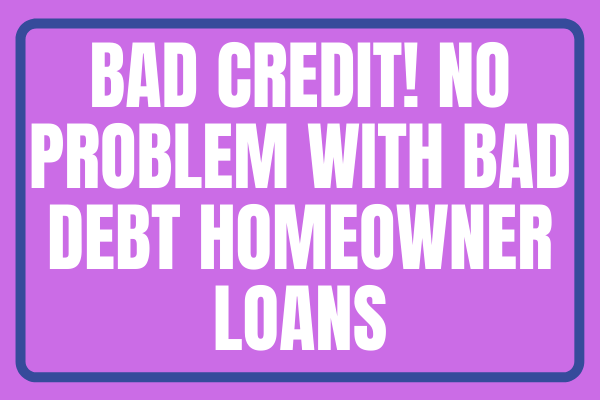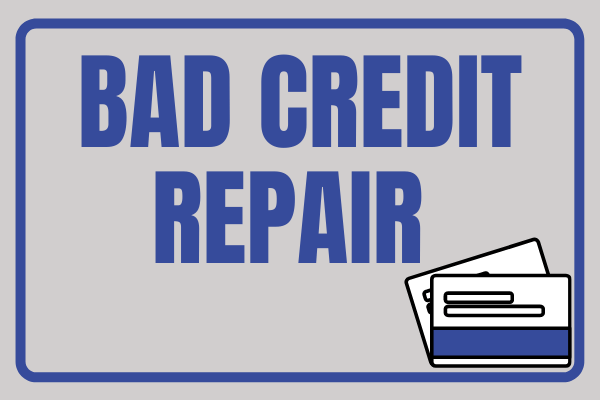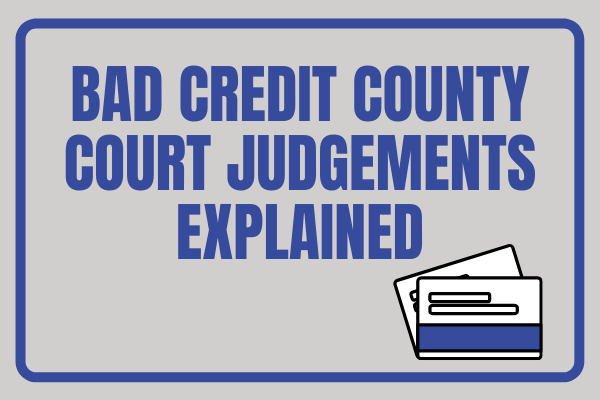Once you’ve filled in these forms and returned them to the court, there will be a simple hearing carried out in private. You don’t have to attend the hearing so long as you’ve completely filled in the necessary forms, or unless you wish to dispute aspects of the claim.
At the hearing, the court will objectively review the claim and the information you’ve provided, and come to a decision about the amount of money (if any) you owe, and how it should be repaid. It’s important to note that no one is being found ‘guilty’ or ‘innocent’ here, the court is simply trying to fairly resolve a civil financial dispute.
If the decision upholds the claim against you, then the court order or CCJ is issued. Even at this stage you can stop the damage to your credit record, as you’ll have one month from the date of the court hearing to repay the debt in full to stop the CCJ being put on record.
After a month, the CCJ will be entered on to the Register of County Court Judgements, and from there it will make its way onto your credit files held by the various credit reference agencies.
The presence of one or more CCJs on your credit file will effectively close off most kinds of finance to you, as most lenders will be very reluctant to advance credit to people in these circumstances. Once, however, you’ve cleared the debt, then the judgement will be marked as ‘satisfied’, and while this will not remove it from your record it is a lot less harmful to your credit worthiness than an uncleared CCJ.
If you have a CCJ on your record, you might be tempted by companies promising to remove it and clean up your rating. Unfortunately, this is only feasible in a few cases. Sometimes, the CCJ is entered on to your record by mistake even though you cleared the debt within the one month time limit. If this has happened then you have the right to have it removed from your records.
The only other ways to have a CCJ removed is to show that there was something wrong with the way in which the judgement was awarded. If, for example, you didn’t receive the initial Claim Form, and you were unaware of the proceedings, then you didn’t have the chance to defend yourself and so the judgement is invalid.
In these circumstances, you can apply to the court to ‘set aside’ the judgement and it will be removed from your file, with the whole process starting again with a new claim and hearing. Any attempt to gain a ‘set aside’ without a reasonable argument could be seen as wasting the court’s time, with all the legal penalties that would entail.
If you receive a Claim Form through the post, it’s important not to panic. Although a CCJ against your name is harmful to your credit rating, it isn’t a criminal matter and won’t lead to further action such as repossession of your home or bankruptcy. The CCJ procedure is there so that the court can help to resolve your debt in a way that is fair to both you and your creditor. you must read this article ‘Effective Ways to Repair It‘ if you have a bad credit score






